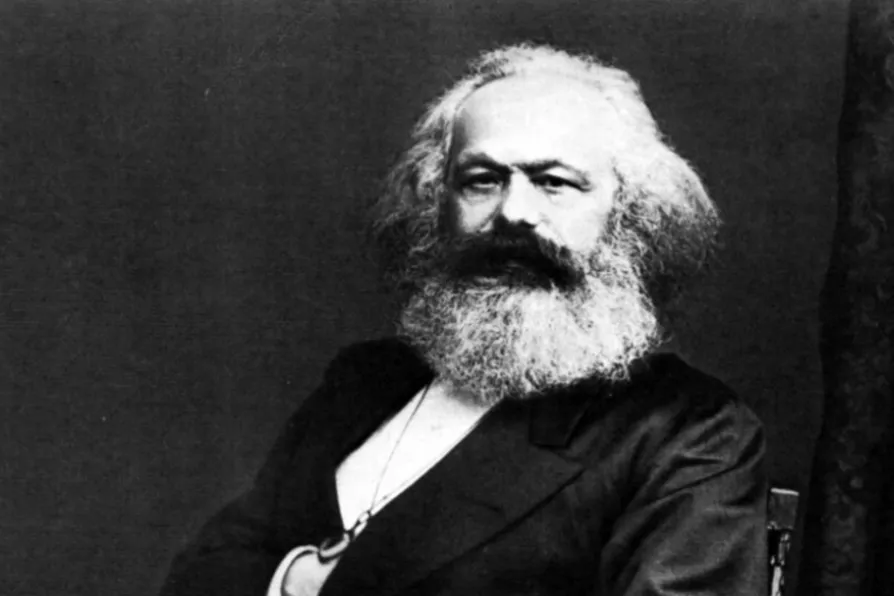The PM says Mandelson 'betrayed our values' – but ministers and advisers flock to line their pockets with corporate cash, says SOLOMON HUGHES
The explanatory power of Das Kapital
ROBERT GRIFFITHS participated in last weekend’s conference in Moscow on ‘Marx’s Capital and its Impact on World Development.’ This is the text of his speech


IN 1867, Marx wrote to Johann Becker that Das Kapital would be “without question the most terrible MISSILE that has yet been hurled at the heads of the bourgeoisie.”
Ever since, Capital has armed the working class with the theory of surplus value, explaining why and how labour power is exploited to the profit of the capitalist class.
Since 1945, for example, the average production worker in Britain or the US has spent anywhere between 2.4 and 3.3 hours of an eight-hour working day performing unpaid labour, creating surplus value over and above the value of the commodities that can be purchased by their daily wage.
Similar stories

RICHARD CLARKE recommends a hugely valuable text for those seeking theoretical analysis and practical action to defend public services

From McCarthy’s prison cells to London’s carnival, Jones fought for peace and unity while exposing the lies of US imperialism, says ROBERT GRIFFITHS, in a graveside oration at Highgate Cemetery given last Sunday

Lenin’s theory of the weakest link shifted the centre of gravity of the proletarian revolution towards peoples’ struggles in the developing world, contrary to the expectation of Marx and Engels. The effect was to hinder the cause of socialism by decades. Time bring it back to its natural home, argues FAWZI IBRAHIM

JON BALDWIN introduces a new translation of Karl Marx’s masterwork that is readable, relatable and refreshed











